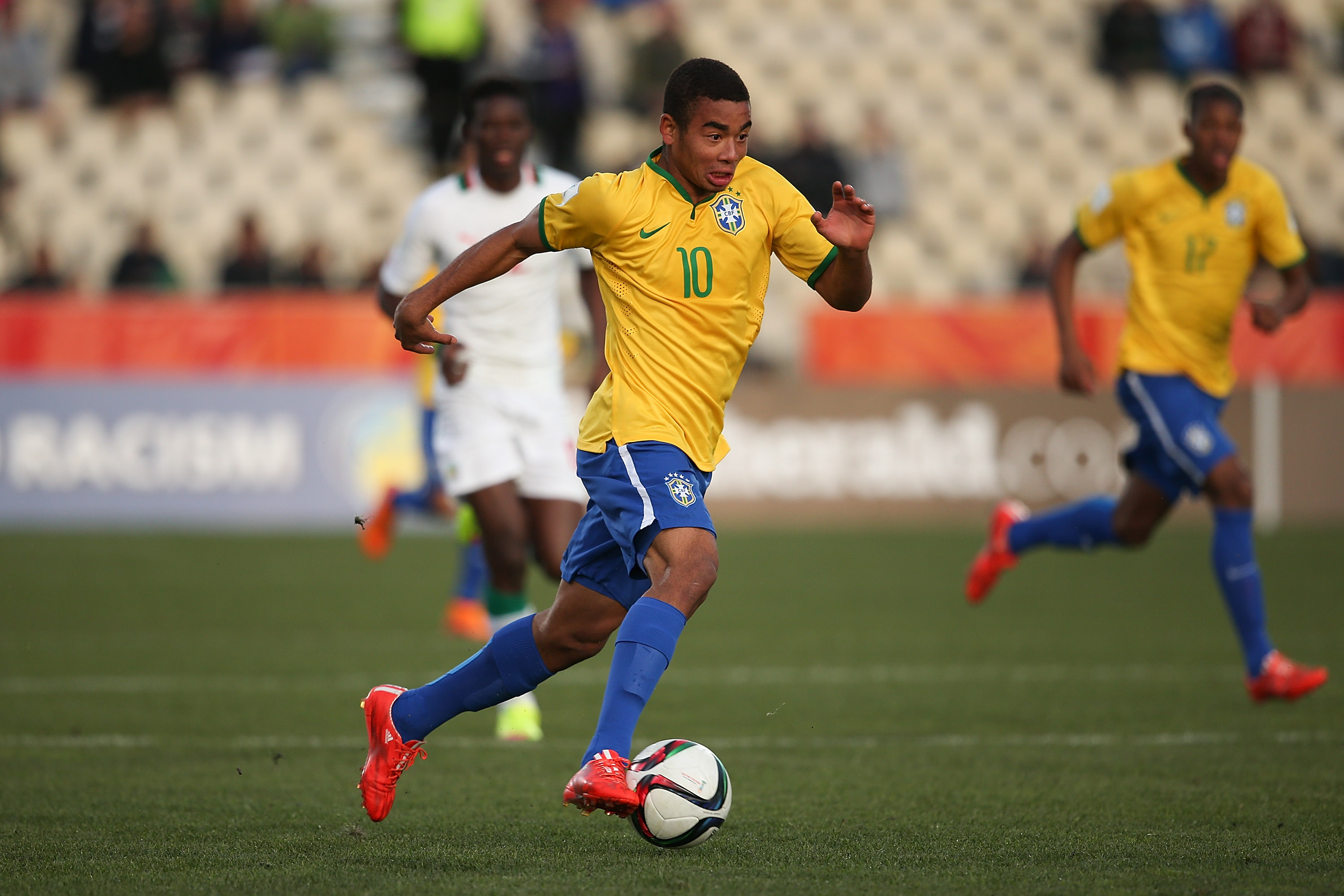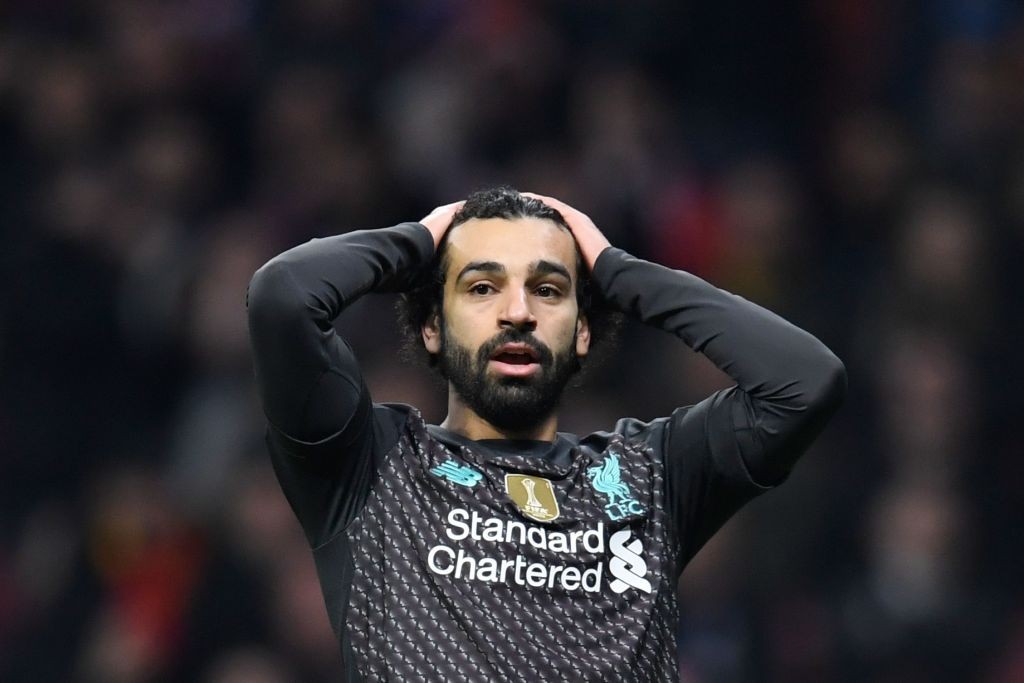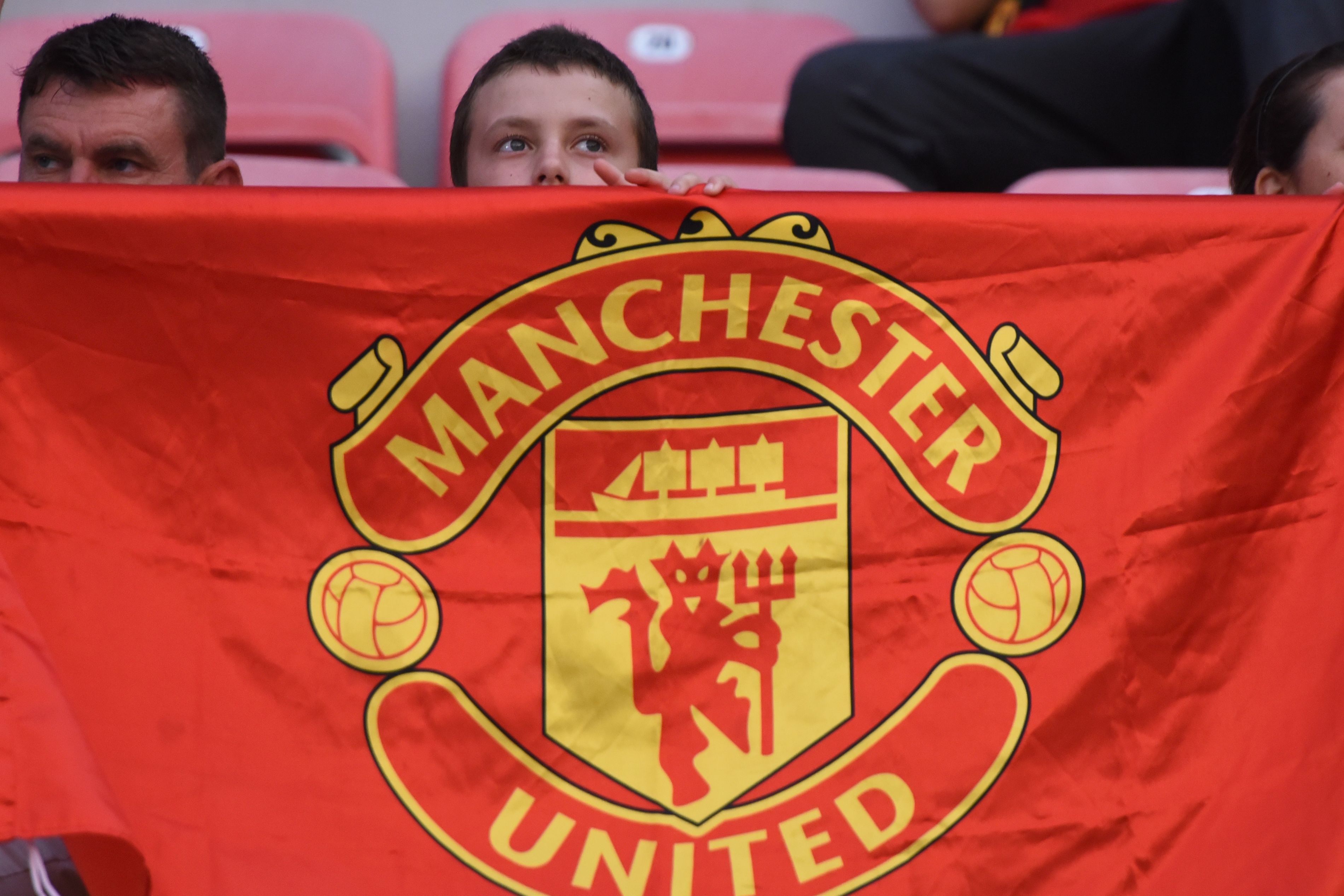Should we move away from the discourse that a striker should score many goals and look at the bigger picture in the case of Gabriel Jesus?
In the rich history of the Premier League, strikers have often faced the spotlight more than any other player in a position. We have seen the likes of Thierry Henry, Robin van Persie, Didier Drogba, and Wayne Rooney tear up the league with their goalscoring prowess. Then Sergio Aguero and Harry Kane set different standards. But we have also seen players like Gabriel Jesus.
As the league evolved, the importance of strikers being responsible for all the goalscoring burden has changed a bit. One can point out that until Aguero last played for Manchester City, his goals were critical despite Pep Guardiola liking the idea of spreading it across his team.
Firmino was good, even great at times, but his talent, output, achievements and medals are just 2 or 3 classes lower than Gabriel Jesus's.
They are in completely different conversations and talent categories. Firmino is done. Jesus is still in the middle of writing his own story pic.twitter.com/pjgogM3ua3
— AI (@nonewthing) November 22, 2023
The Argentine balanced the side but was often seen as a selfish outlet, as strikers should be. In contrast, Kane posted superior numbers compared to the Manchester City legend but failed to galvanise a talented squad of players and never won a single trophy.
In between all that, a certain Roberto Firmino arrived at Liverpool, with Jurgen Klopp adamant about signing the Brazilian from Hoffenheim. With him came a new breed of centre-forward, capable of stitching together the attack, and induced a different kind of playmaking in the final third.
Arsenal had Alexandre Lacazette in that mould, Anthony Martial at Manchester United and so on. Still, Firmino’s effect in the final third was not comparable to any of those names. He benefitted from two fiery wingers, Sadio Mane and Mohamed Salah, with the duo reaping the fruits of the Brazilian’s hard work.
With Firmino in the side, Klopp turned Liverpool into a lethal attacking unit and went about winning important trophies. With Firmino’s effect fading away in the last few years, even the German manager resorted to signing an expensive, traditional centre-forward in the mould of Darwin Nunez, while Manchester City picked up the tab on Erling Haaland.
The direct effect of the latter’s arrival meant Arsenal benefitted, as they signed the erstwhile unwanted Gabriel Jesus. Mikel Arteta wanted that striker, who was seen as a significant upgrade over Lacazette, and the Brazilian was keen to take up a full-time centre-forward role, something Guardiola never afforded him.
With Haaland banging in the goals at Manchester City, the Norwegian set the standards in the Premier League. His signing proved pivotal for Guardiola in his quest to win the Champions League and the treble. On one hand, Haaland was transformational. But did it represent the Catalan boss moving away from his principles a bit?
🔴 Roberto Firmino
🔵 Gabriel JesusPick your No.9… pic.twitter.com/PUHZhQIfvT
— Squawka (@Squawka) November 23, 2023
In Gabriel Jesus, Arsenal found a transformational player who, like Firmino, started stitching the attack together and getting the best from their otherwise young wingers. Gabriel Martinelli and Bukayo Saka posted double figures in goals, and the former Manchester City star somewhat laid the marker for how Arteta wanted his front three attackers to play.
Here, we look at Gabriel Jesus a bit closer and see what the discourse is about a team with a centre-forward who packs many goals. One thing is clear: The Brazilian is a player for the team with a hint of selfish ambitions, which he is already proving will benefit the squad.
The 20+ goal striker discourse
Since the start of the season, Gabriel Jesus has not played all of Arsenal’s games and continues to fall victim to persistent injury issues. Yet, he has been stellar when called upon, especially in the UEFA Champions League, where he has three goals in as many games.
Gabriel Jesus has scored more Champions League goals (23) than Roberto Firmino (22), Romário (20), Ronaldinho (18) and Ronaldo (14).
And that’s not his strong point. 💅 pic.twitter.com/Be6tWpJc6T
— Squawka (@Squawka) November 22, 2023
With Eddie Nketiah ‘not performing well’, the basis of the familiar discourse around strikers, who, according to most ‘, have to bring’ 20+ goals with their performances. Suddenly, the talk of bringing in Ivan Toney erupted, and soon enough, figures of £60 million, £80 million, and £100 million were spoken about regarding the Brentford striker.
If Arteta wanted that tall, physical striker in the frontline, he already has Kai Havertz. But the manager wants a facilitator as his centre-forward. Jesus is that man and has proven he is the ideal striker to lead the line.
Jesus can add a lot to his game, especially in the goalscoring department. In his own words, after the Argentina game, he said ‘goalscoring is not his strong point’; sure enough, the Brazilian has proven this part. We are not saying bringing in a 20+ goalscorer would not bring success in a team like Arsenal. But Arteta’s game has evolved beyond that point.
Before we forget, he did have a 20+ goals striker in his side, Pierre-Emerick Aubameyang. Still, the Gabonese attacker usually took the limelight away as all other offensive players focused on feeding him.
As mentioned earlier, Kane was a striker with 30+ goals but did not win a single trophy in an exciting squad at Tottenham. Irrespective of whether that works out at Manchester City, Arteta has different ideas for his centre-forward. Jesus is why Arsenal must not explore a new striker in the January market.
Jesus is more in the mould of an exciting centre-forward of Firmino’s style, albeit with more finesse and fluidity. He has proved more than once he’s capable of scoring, and despite his recent quote, he can massively improve with his finishing up front.
Gabriel Jesus and his numbers are acceptable, but he can get better.
What Jesus brings to the table, hardly any other centre-forward can do that. The Brazilian’s two standout games this season came in the UEFA Champions League against PSV Eindhoven and Sevilla away, where he was the MOTM on both occasions.
What kills me about Gabriel Jesus discourse is that he literally is guaranteed to score if he's on the pitch.
Champions League, Premier League… As long as Gabriel Jesus is on the pitch, he scores at a higher rate and faster frequency than 95% of active strikers in football. pic.twitter.com/lDDsnOoL74
— AI (@nonewthing) November 22, 2023
Yet, he had a highly productive game against Manchester City when Arsenal missed Bukayo Saka. The Brazilian put in a mammoth shift on the right flank, keeping the likes of Nathan Ake and Josko Gvardiol on their toes.
This side of Jesus should be taken into account when considering what he brings to the frontline. The Brazilian can create and score when the opportunities arrive. Yet, he has not been as prolific as some of his colleagues in the Premier League.
Arteta does not think a prolific No.9 would help with the current setup. However, he recently spoke about the importance of a traditional striker in the mould of a Haaland, Hojlund or Toney. More than the goals, the manager seems likely to want to keep developing his lethal wide attackers to their very best, and for that, he needs a figure like Jesus.
While this development keeps playing in the background, Jesus must take the opportunity and make himself a prolific frontman by improving his finishing. He can sometimes be selfish in improving his numbers, but that is not his character upon so many viewings.
Overall, Jesus is a good and very functional striker for Arteta’s system. Many will say that with him, Arsenal cannot win titles, but they came close to clinching the Premier League last season. If the Brazilian can improve his goalscoring numbers, he can make the Gunners a force to reckon with. He gives his team the chance to strengthen in other areas of their team.
For now, we must avoid the age-old discourse of having a 20+ goalscoring striker is the ultimate solution to win titles, as teams have evolved beyond that. Sure, clubs like Arsenal will benefit from one, but that is not the end game for managers like Arteta. Hence, the Spaniard will want Jesus fit and firing for the remainder of the season.





